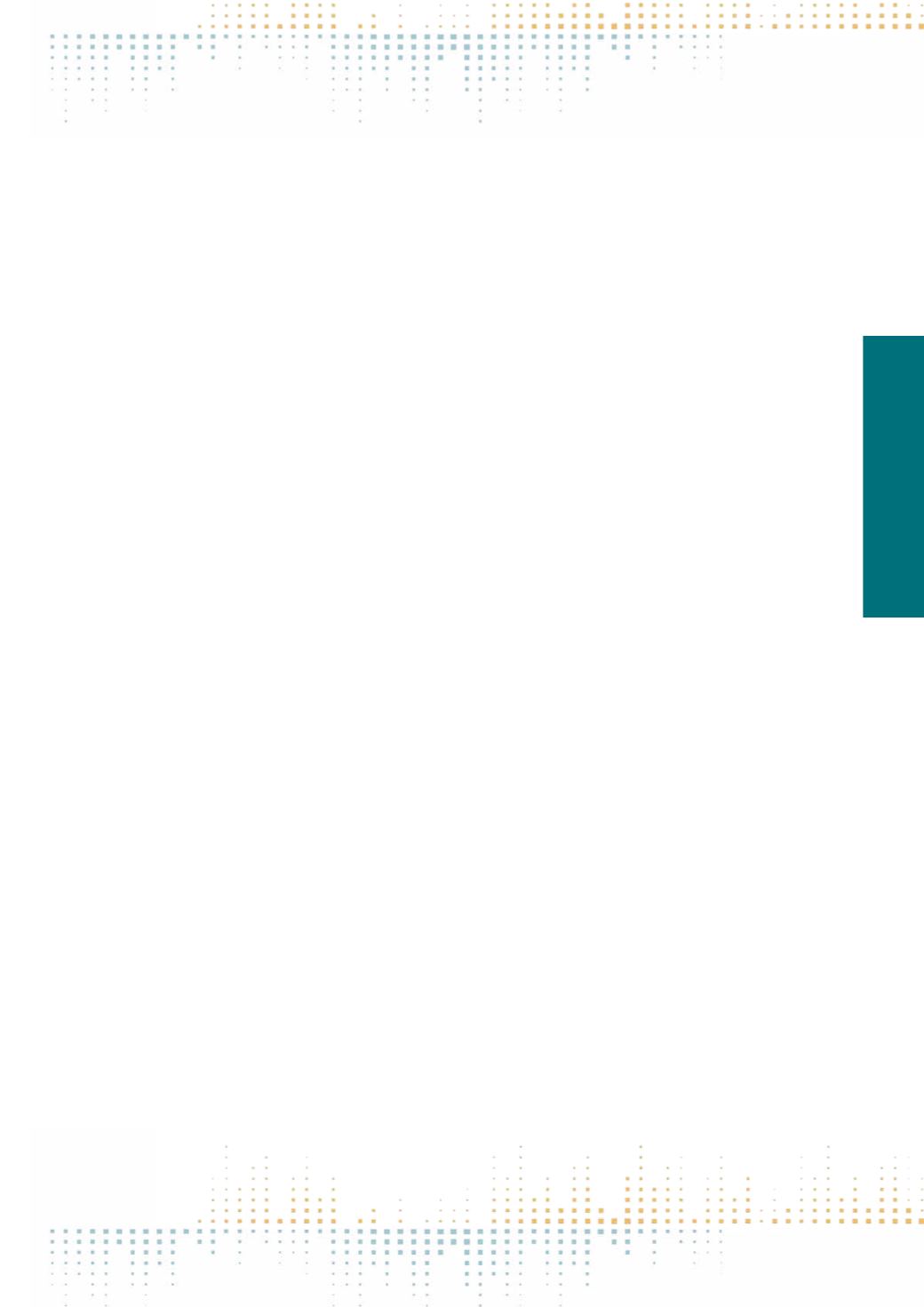

209
Thursday, November 10
1 1 : 0 0 – 1 2 : 3 0
social/cultural/economic/political/individual capitals as well. This vicious circle shows both how the digital and other capitals are directly interconnected
and how traditional social inequalities are replicated, if not reinforced, by digital inequalities. Despite the interconnections between all forms of capitals,
here we focus on the role of social capital in influencing internet use and returning benefits (third level of digital divide). By creating new and reinforcing
already existing social networks, the Internet may improve life chances (Weber). There is a strong connection between the cultural, social, political, indi‑
vidual and economic backgrounds of users and their Internet use. Users’backgrounds might influence the way they search and process information online,
which in turn can represent opportunities (or lack of it) of improving life chances. By analysing five macro-areas (Virtual communities, strong ties; Weak
ties; Enlargement of social networks; Increase of visibility; Knowledge, trust and freedom) in which digital and others capitals are directly interconnected,
we shall see the benefits and opportunities generated by the Internet, but also the inequalities that may generate. Indeed, when citizens use the Internet,
they need to have already built a solid social capital in their off-line life (together with proper cultural and economic background and personal motivations).
Indeed, as is well known, social capital not only consists of social networks, but it refers to abilities and opportunities to create social network, thanks to
trust-generating mechanisms, in a context defined by social norms. Likewise off-line life, this approach is also valid for the Internet use, in which user is
responsible for creating its own opportunities. As a consequence, those who access the internet with a high endowment of social and other form of capitals
will be more likely to reproduce their capital on-line by applying mechanisms similar to those adopted off-line, for generating on-line or digital capital.
In turn, the digital capital generated online, will support users off-line activities. In this sense, the Internet seems to privilege the privileged, exactly as
Bourdieu described the off-line mechanisms of social capital production.



















